Explore Neurodiversity
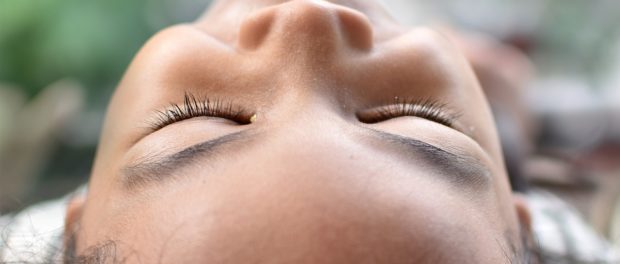
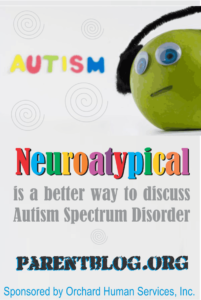 Imagine if we lived in a world where recognized that each person’s nervous system works in a magnificent and amazing way? What if exploring the inner region of our nervous system was like going on a magical adventure to a wonderland? That is the potential for working within the paradigm of “Neurodiversity”. We can embrace the unique wonder of each individual, recognizing that the neural networks of the mind are as varied and diverse as fingerprints and faces.
Imagine if we lived in a world where recognized that each person’s nervous system works in a magnificent and amazing way? What if exploring the inner region of our nervous system was like going on a magical adventure to a wonderland? That is the potential for working within the paradigm of “Neurodiversity”. We can embrace the unique wonder of each individual, recognizing that the neural networks of the mind are as varied and diverse as fingerprints and faces.
Every person has preferred processing systems. Some people are high gear for processing auditory information while others excel in movement or visual processing. Everyone has a limit for how much sound they can handle before getting a headache or becoming agitated or confused. This is evident in live music concerts, where many people can be seen covering their ears with headphones or their hands.
Response to visual input is perhaps best estimated by an individual’s fashion and home decor preferences. Some people prefer calm environments and uncomplicated fabrics and garments. Still others love bright colors, rich textures, and complex designs. Hence terms like minimalist and maximalist, which reflect the diversity of human preferences that stem from structure and function of the nervous system.
Instead of seeking to diagnose individuals who are sensitive to textures, sounds, lights, and movement, perhaps we can embrace these differences within the context of Neurodiversity. We can recognize the diverse ways that humans process the world around them. Instead of Autism Spectrum Disorder, we might recognize some parts of the spectrum of neurodiverse possibilities as being “Neurotypical” because it represents the majority of the population … and others as “Neuroatypical” because they are part of the minority.
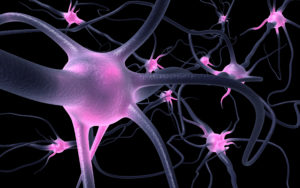
Yet recognizing neurotypicality and neuroatypicality is still embracing the notion of Neurodiversity. No mention of disability is involved. We can recognize the brilliance of each person’s neuralnetwork of brain and nervous system cells that contributes preferences and tendencies regarding sensory processing. This approach honors the unique expression of the individual without maligning or judging.
As we move forward in a world of neurodiversity, businesses may realize unique marketing and promotions opportunities that are liked to individual sensory preferences. Just like some cuisines offer a variety of heat or spiciness to please the patron, retailers may begin to cater to neurodiverse niches. For example, we may see public places that offer a variety of sensory loads.
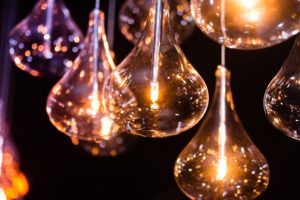 Just like restaurants may offer smoking and no-smoking sections in days gone day, businesses could offer spaces that are high sensory input and others that are modified or low sensory input. That way, patrons can choose the dining, shopping or recreation experience that matches their personal neural processing style.
Just like restaurants may offer smoking and no-smoking sections in days gone day, businesses could offer spaces that are high sensory input and others that are modified or low sensory input. That way, patrons can choose the dining, shopping or recreation experience that matches their personal neural processing style.
The cost is not that great, either. Reducing noise and light pollution can be achieved with more subdued lighting and sound panels. As neurally sensitive individuals find comfort and solace in calming public places, they are likely to find greater flexibility and inspiration to live meaningful and fulfilling lives. A world like that would have no need to render a diagnosis to a child who simply preferred dining in a quiet room with soft lighting.
Want to learn more about Neurodiversity, Autism Spectrum Disorder, and Neuroatypicality? Visit the Autism Speaks chapter near you.
___________________________________________________
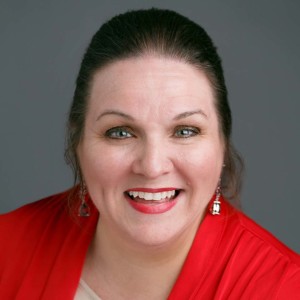
Darleen Claire Wodzenski, MS ESE, MA CMHC, PhD Psychology of Orchard Human Services, Inc. and PNE Institute, LLC.
Dr. Darleen Claire Wodzenski is an author, speaker, and founder of Orchard Human Services, Inc. She specializes in promoting healthy learning, growth, and development of children and youth with developmental, learning, behavioral, mental health, and neurodevelopmental challenges. Areas of professional focus include Reactive Attachment Disorder [RAD] and child therapy and developmental strategies to serve children with Autism or Neuroatypicality. Look for her books on Amazon.
She offers Socialization Training to children with Neuroatypicality who also experience challenges in social and emotional processing and effective communications. She provides services in College Park at Kinder Kollege as well as other locations around the Metro Atlanta area.
Dr. Darleen Claire offers direct mental health counseling, developmental intervention, and consulting services across the Metro Atlanta area including Marietta, Alpharetta, Milton, College Park, Cumberland and Hiram. She offers consulting, intervention, and training around the country by telephone and internet.






